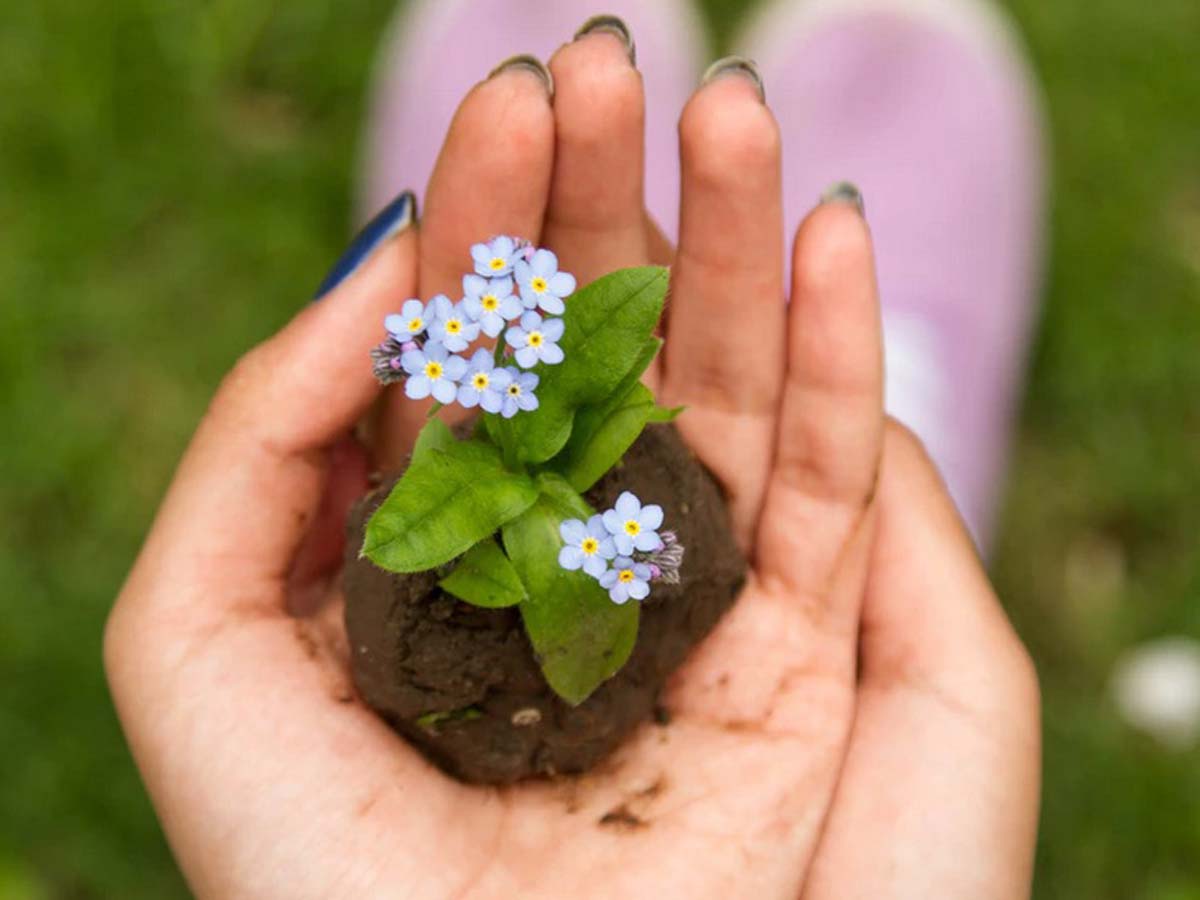Learn how to manage and prevent your anxiety.
Breathe
If you’re anxious, you ARE holding onto your breath. But if you have pet you have a great breath teacher. Watch them breath. Notice how deeply your pet takes in a breath, down in their belly, nearly down to the base of their legs. Just watch and feel you own body relax and start to match the slow gentle inhale and exhale. Now just let your body breath naturally.
Look around and see what gives your eyes pleasure.
Take a relaxed look around. Take time to do this. Let your eyes look at what ever they want to see. Notice the things your eyes savor. What gives them pleasure? Take time to really see and explore what gives your eyes pleasure. What is it . . . the color, the texture, the contrast, an association. Now notice how this simple activity effects your body sensations.
Move
Take a 5 minute walk. Moving your body changes your brain.
Mental Vacation
Make a list of resources: activities that leave you feeling safe, happy or relaxed? Place where you feel grounded, favorite memories, people who make your body smile or relax. And then go there in your mind. Feel the sensations of your feet in that warm white sand. Hear the sounds of children laughing. Remember the feeling of having a good laugh. Imagine the smell of gardenia. Remember a powerful moment of success. Feel these things in your body as if they were happening now. Your mind will not know the difference. Feel how your body relaxes.
Micro Smile
Let your lips form a tiny smile. It’s so small that someone looking at you may not even notice you are smiling. Feel the wave of relaxation that starts to melt the tension in your face. Feel that relaxation start to flow down into your neck, your chest. You may even feel it flow all the way down to your belly. Some people call this the Buddha smile.
Notice What Is
Feel deeply into your present experience. Listen to the sounds in the room. Notice the temperature of the air as in flows and how different it is on the out breath. Notice where your body is tight and notice where in your body you feel comfort. Notice what you are thinking, instead of thinking. Observe without trying to fix or change anything. Just observe. Give yourself a break. Remember this too shall pass.
Kindness
Do something kind for yourself. Ask yourself if my child or my good friend was feeling like this, what would I do?
Sweat
There is one full-proof immediate solution to anxiety. And that is exercise. Dance. Bike. Walk. Swim. Run. Vacuum. Anyone can feel the antidepressant effect of exercise. Even picking the weeds and watering the flowers has been shown to boost moods. Research indicates that having your hands in the dirt and smelling the earth generates serotonin. Did you know that aerobic exercise can be as effective at relieving mild and moderate depression as SSRIs (selective serotonin re-uptake inhibitors like Prozac and Zoloft)?
Scientists have discovered that exercise changes the brain. Blood levels of dopamine and serotonin, the feel good brain chemicals are increased when you exercise. Another improvement happens with a key growth hormone called BDNF. When you are depressed this hormone level plummets and can even lead to some parts of the brain shrinking over time. Your ability to learn and remember becomes more difficult. But exercise reverses this pattern. And there are no side effects except feeling invigorated, relaxed and maybe even a little more pleased with yourself.
Eat good mood foods. Popeye was right.
Unfortunately, anxiety is usually the first clue that I should, once again, analyze my diet: to make sure I’m not drinking too much caffeine, not ingesting too much processed flour, and not bingeing on sweets. If I’m honest with myself, I’ve usually committed a misdemeanor in one of those areas. So I go back to power foods. What are they? Cold water fish like salmon, almonds, soy, yogurt, spinach, kale, dark orange vegetables, broth soups, legumes like black beans, citrus, tart cherries, and berries. Instead of reaching for a latte, candy bar, pastry, power up your brain with good mood foods.
Feed your brain a new line.
Your anxious brain is telling you “Something bad is going to happen.” To every thought reply with compassion “Can we really know that is true?” Invite it to consider other possibilities such as “I am okay now” or “I am enough.” “All there is, is love.” Look for the evidence of those possibilities. Ask yourself Byron Katie’s Four Questions: Is it true. Can I really know it’s true? Who am I with the thought? Who would I be without the thought?
Laugh
Being amused, laughing seems to have some powerful physical responses. Scientists have found that it boosts your immune system, reduces both physical and psychological pain, fights viruses and foreign cells, and heals wounds. It can even help you feel like you belong again when you laugh. Try “Who’s Line is It Anyway” for improv.
Step away from the computer
Reading one more email, checking out one more fascinating web site, doing one more task keeps you in a trance driven by anxiety. It can be a distraction for a time but after a while, it wears a groove in your brain that robs your creativity, steals from your relationships and ultimately feeds Anxiety. Push back from the desk. Stand up. Put on some music. Bounce to the beat of the music. Let your arms move freely. Feel your bones and muscles move. Clear your mind. Maybe even take a 5 minute walk.
Distract Yourself
Distract, don’t think. Put down the self-help books, work on a word puzzle or watch a movie, go out to a coffee shop and watch people, play with your pet. Brush your teeth. Look for the color lime green as you gaze out the window. Do something nice for a stranger. Hang up one shirt and put it in the closet. Wash one item in your kitchen. Keep it simple. Make it small. It doesn’t really matter what it is, just something different than what Anxiety would have you do.
Puppy Dog Analogy
Learning to outsmart Anxiety can be a bit like having a puppy. She’s not house trained. He always pulls on the leash. She howls and whimpers when you’re not paying attention. Our anxious brains do the same thing. Only it scares us when they do. The Anxious brain simply needs guidance, patience and attention in that order. With anxiety, depression and panic, it’s easy to get overwhelmed, and tell yourself you can’t do this. But you’d never give up on your puppy that easily. You’d gently remind your puppy what she needs to do. You’d reward her often for doing the right thing and when he did, you’d give him lots of attention. Our anxious brains need the same formula. Anxiety is simply trying to solve a problem, but it only has one method. You are more resourceful than that.


